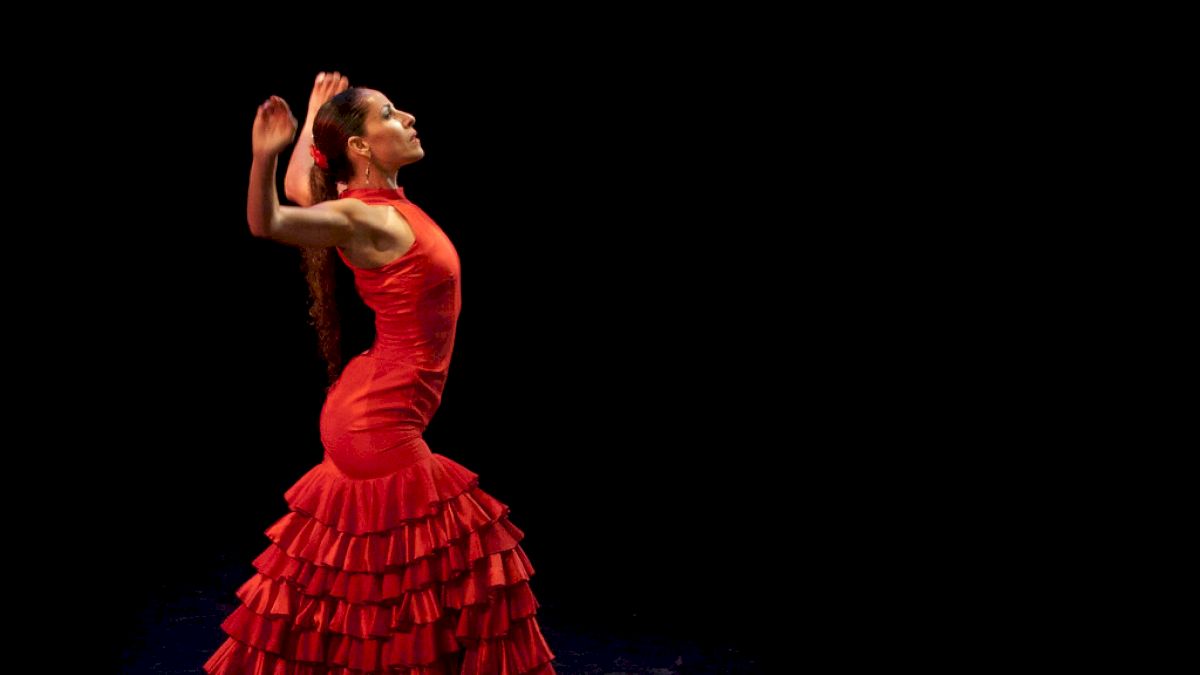One Of Spain's National Treasures Is Under Duress Because Of COVID-19
One Of Spain's National Treasures Is Under Duress Because Of COVID-19
One of Spain's richest cultural treasures, flamenco, is in danger because of the fallout from the COVID-19 pandemic.

Ever since the coronavirus swept through most of the world in the first few months in 2020, all aspects of society have changed, from the way we grocery shop and interact on a daily basis to the way we experience art and entertainment. That has been especially true for dance and dance studios, which are adapting all across the country and, really, the world in order to confront these new challenges.
Among the countries struggling with flare-ups of COVID-19 right now is Spain, not only one of the most culturally and historically rich and diverse countries in the world but also the home of one of the most distinct styles of dance: flamenco.
The art & history of flamenco
Flamenco dance and music have their origins in Andalusian Spain and date back hundreds of years. The depth of history with flamenco is astounding, extending to theater, music, and dance all at the same time, and colliding with different parts of the world.
While flamenco has its roots in Spain, it has become hugely popular in many other parts of the world — most notably the United States and Japan, in the latter country of which are reportedly more flamenco studios than Spain itself!
But while the casual observer might think flamenco is one kind of dance no matter how or where it occurs, the expert knows that flamenco has an endless amount of expressions based on the music's structure, harmony, melody, and other components. Flamenco can vary from location to location, and el baile flamenco — the dance of flamenco — is truly one of the most moving dances when performed by its best practitioners.
Why flamenco is under durress
The summer is typically the height of Spain's tourist season, and COVID-19 has obliterated any sense of "normal" for the country. According to Graham Keeley writing for VOA News, roughly 90 percent of business for flamenco halls comes from tourism. And although the Spanish government has given flamenco a special designation and is seeking to provide aid via special grants to flamenco halls, the help, Keeley writes, might not be enough.
"Since March 13, we have not had any income at all and every day it is tougher to pay bills that we have with the tablaos. We have received some financial help to pay the rent from local councils in Madrid, Andalusia and there is a possibility of this in Barcelona. But the central government has not given us anything," said Federico Escudero to Keeley. Escudero is the president of the national association of flamenco halls.
Another source mentions that many of the crowd-drawing performers at his hall are foreign, and he is unable to bring those same dancers now given the state of the pandemic.
After easing lockdown measures in June, Spain saw a steady rise in cases that peaked earlier in the week with a "new cases" figure not seen since April. The hope for everyone in the country, as well as the flamenco community, is that the government and people of Spain can collectively and effectively confront the virus to save lives and one of the most beautiful and unique components of their national heritage.